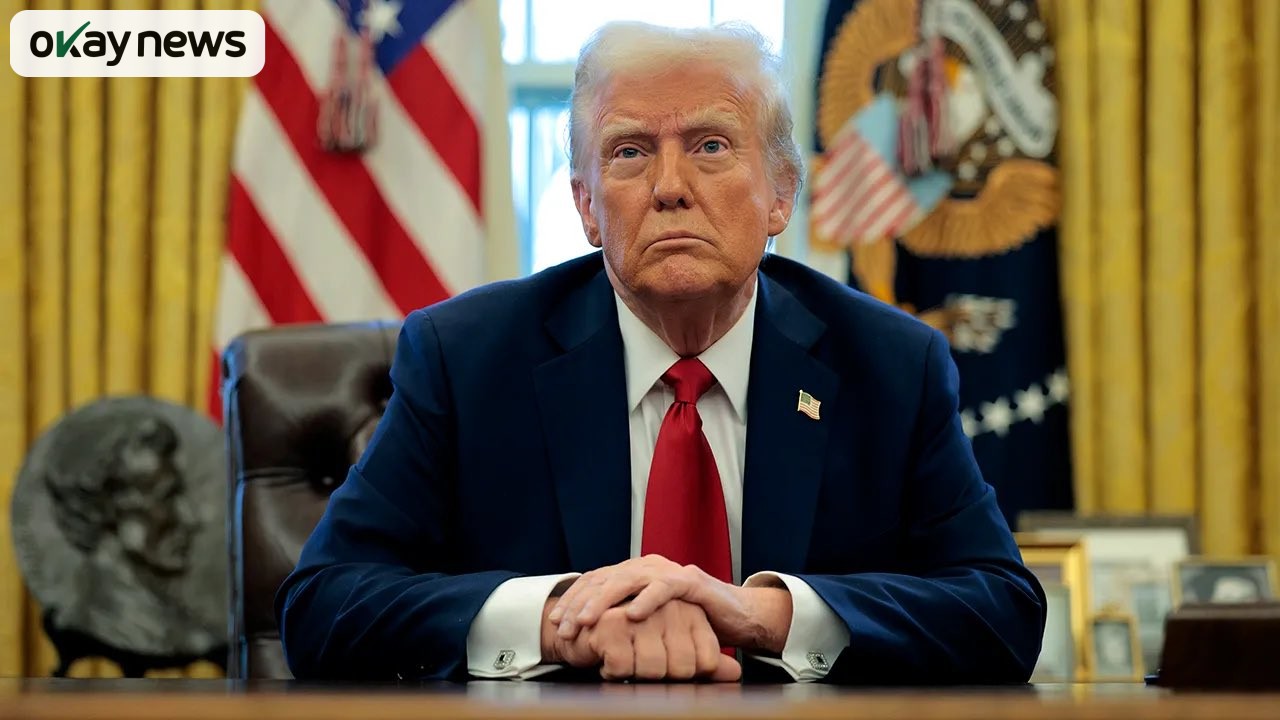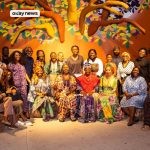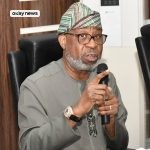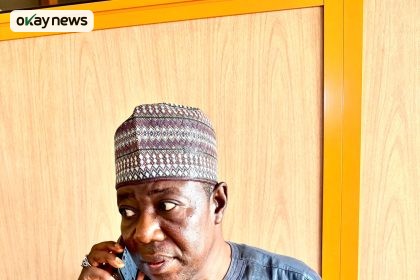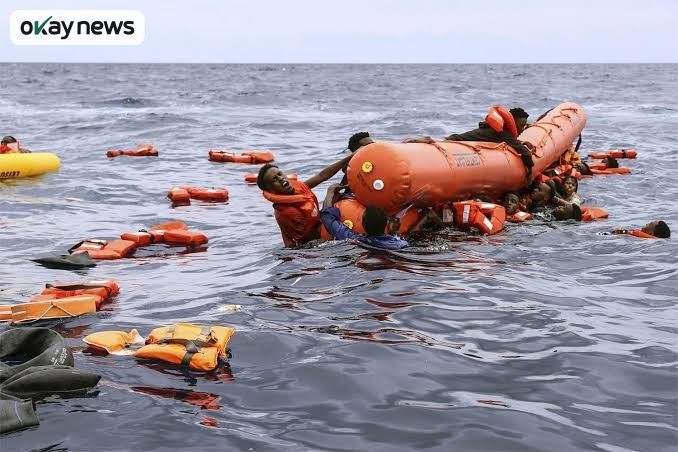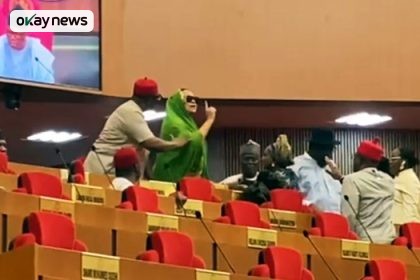United States President Donald Trump has reiterated his claims that Christians in Nigeria are facing widespread persecution, describing the situation as an “existential threat” to Christianity in the country.
In a video posted by the White House on X (formerly Twitter) on Wednesday, Trump alleged that “radical Islamists” were responsible for what he called a “mass slaughter” of Christians across Nigeria.
“Christianity is facing an existential threat in Nigeria. Thousands and thousands of Christians are being killed. Radical Islamists are responsible for this mass slaughter,” the U.S. President said.
Trump announced that the United States was classifying Nigeria as a “country of particular concern” (CPC) — a designation used under U.S. law for nations accused of engaging in or tolerating severe violations of religious freedom.
“I am hereby making Nigeria a country of particular concern. That’s a legal definition,” he said. “When the Christians or any such group is slaughtered like is happening in Nigeria, 3,100 versus 4,476 worldwide.”
The figures cited by the U.S. leader appeared to reference reported global deaths of Christians in religiously motivated violence, though no official confirmation of the statistics has been issued.
Trump said the alleged killings required “immediate congressional response,” calling the situation “horrific” and insisting that the U.S. must act to protect global religious freedom.
“The statistics are horrific. They demand urgent action,” he added.
Okay News reports that Nigeria was first designated a Country of Particular Concern by the United States in 2020, during Trump’s first term, but the classification was later lifted in 2021 by the Biden administration.
The reinstatement marks a major shift in Washington’s policy toward Africa’s most populous nation and could lead to diplomatic and economic consequences.
Nigeria’s government has yet to issue an official response to Trump’s latest statement, though it has repeatedly rejected claims of systemic religious persecution, describing such assertions as “inconsistent with the country’s multi-faith reality.”


